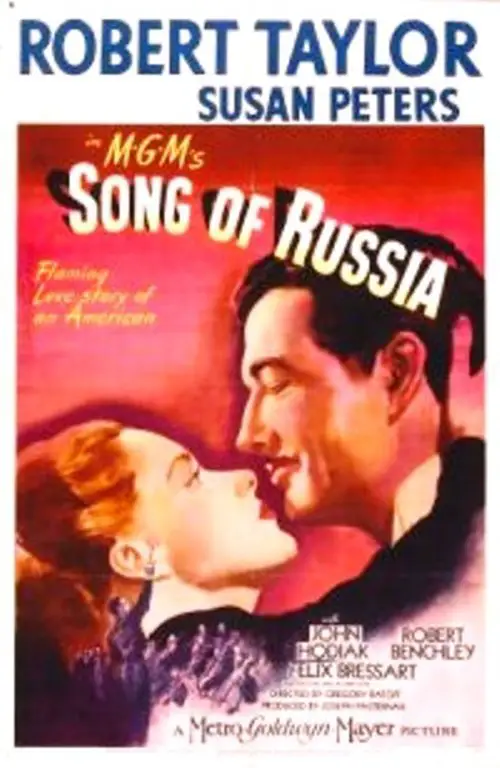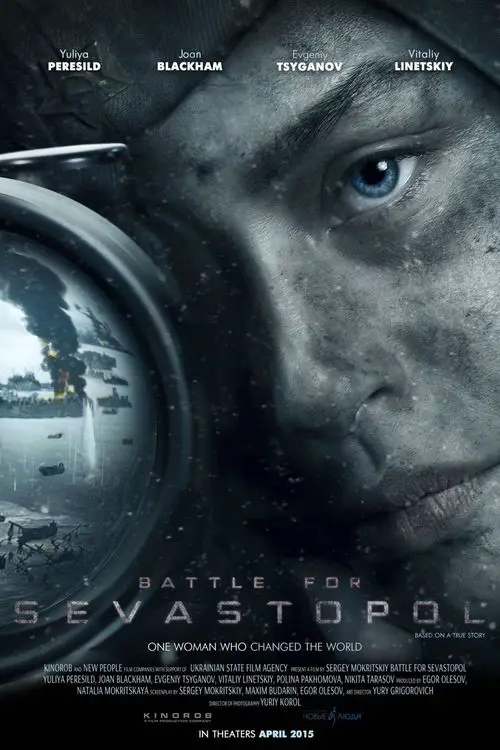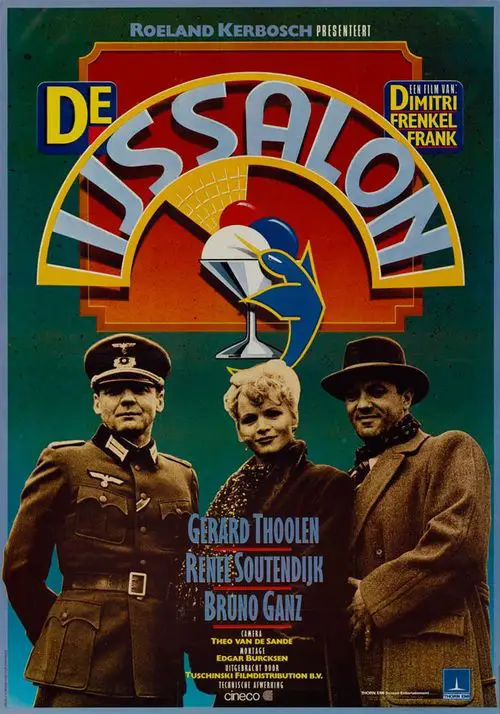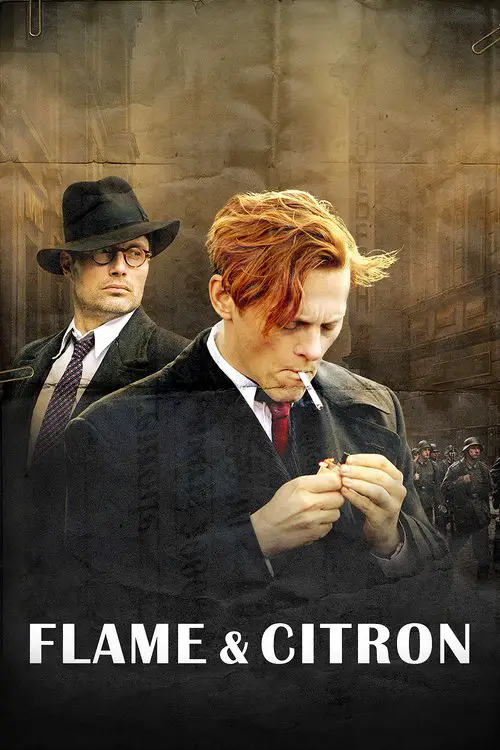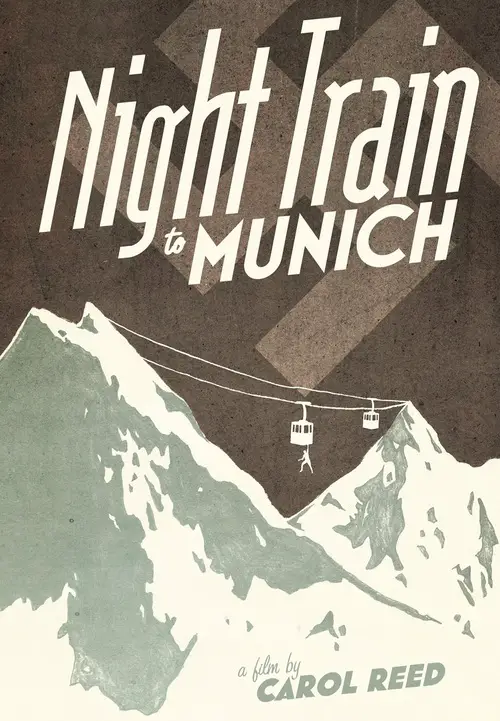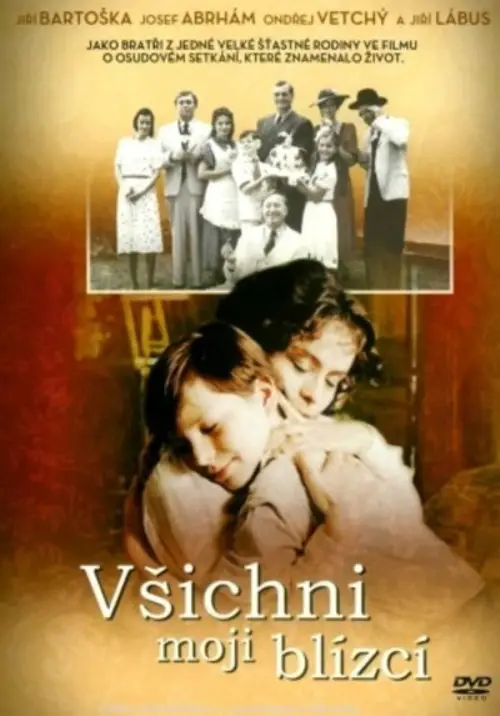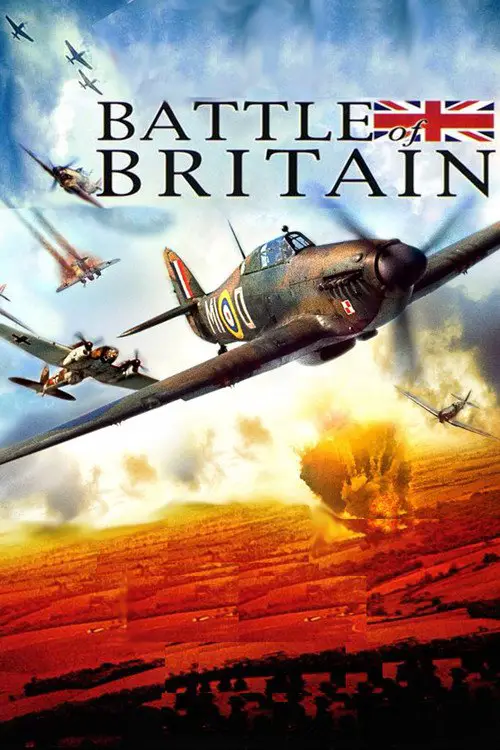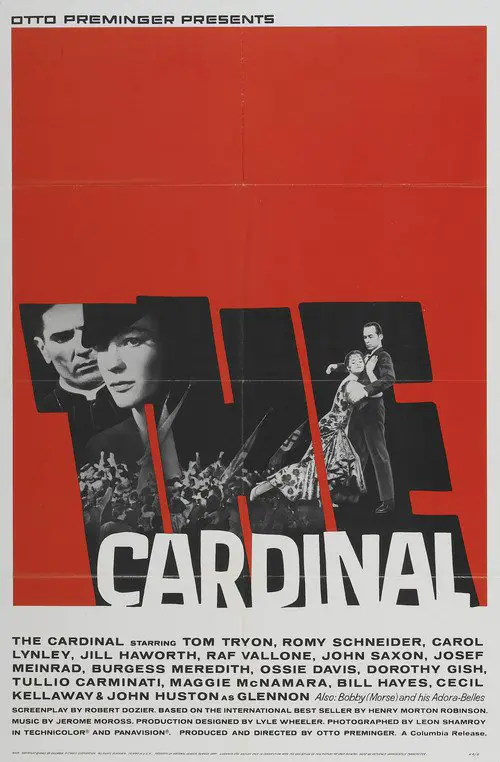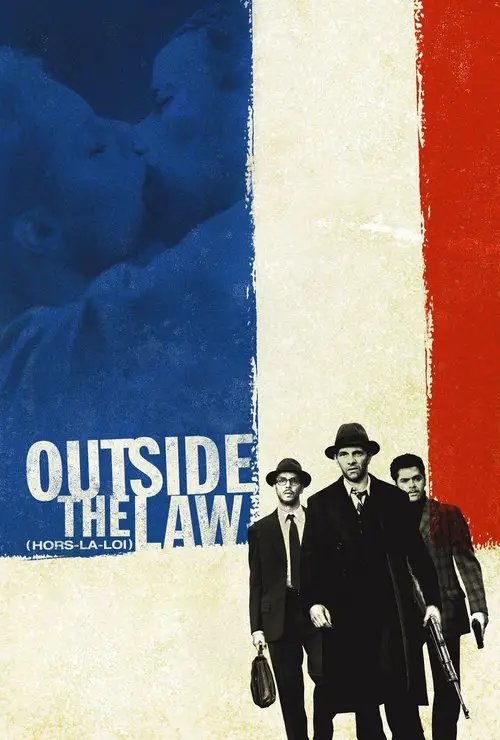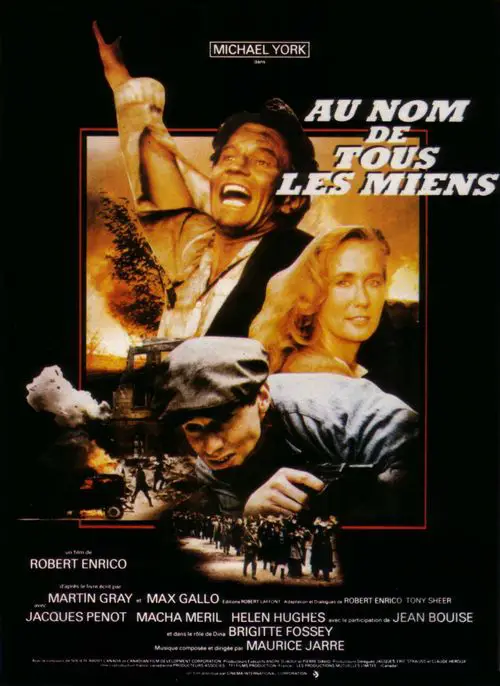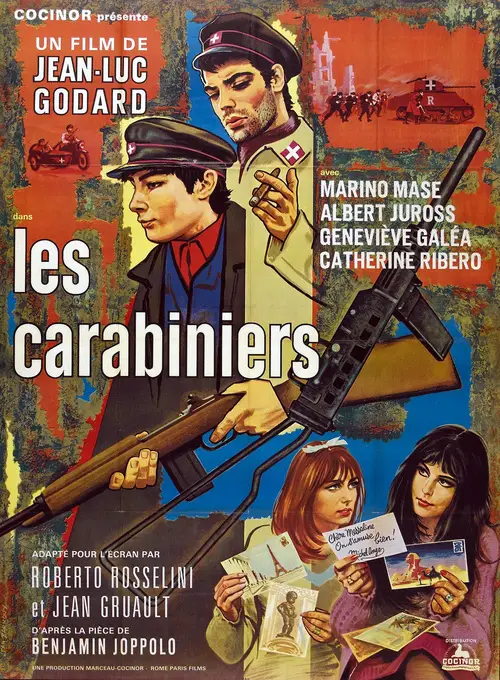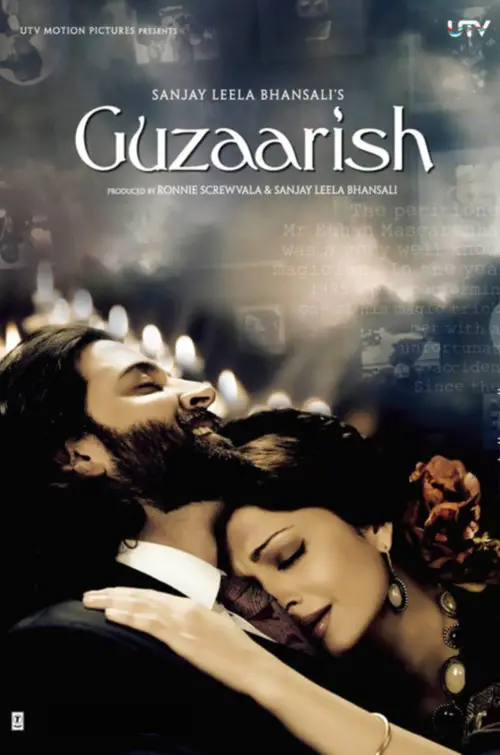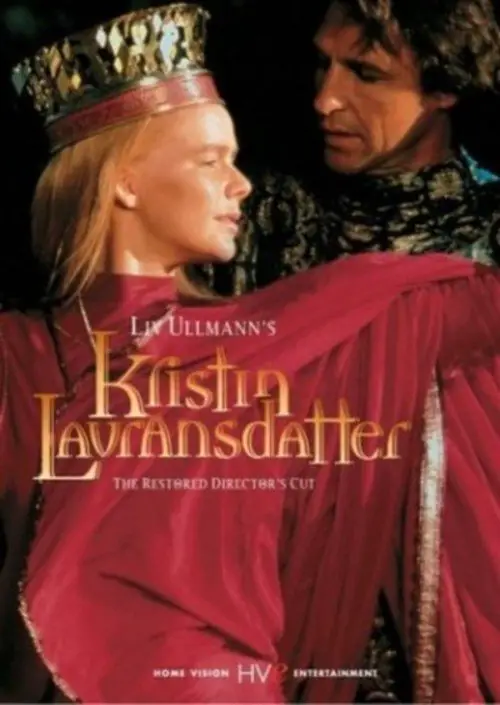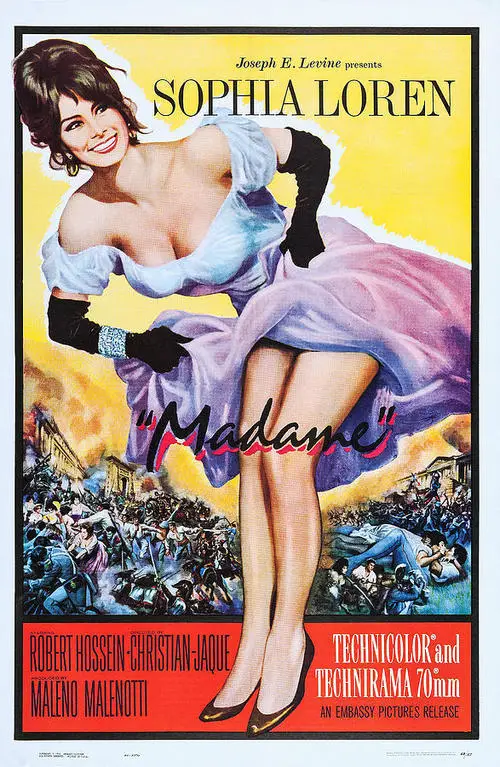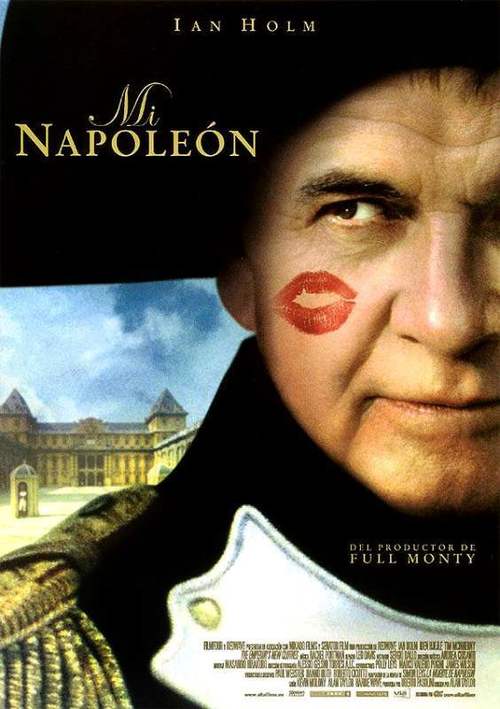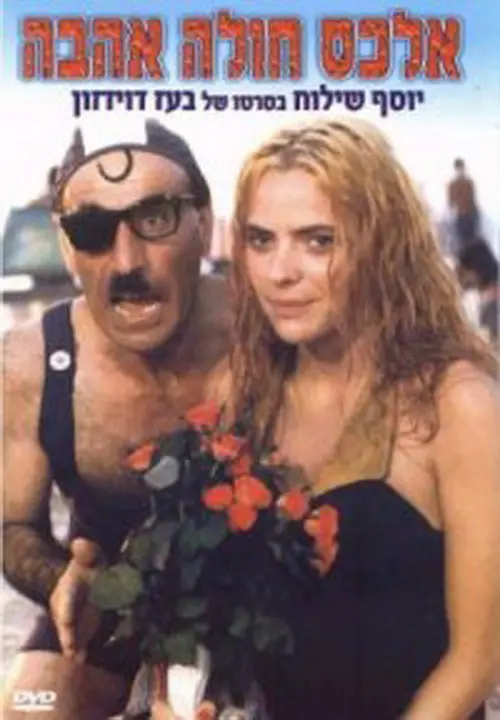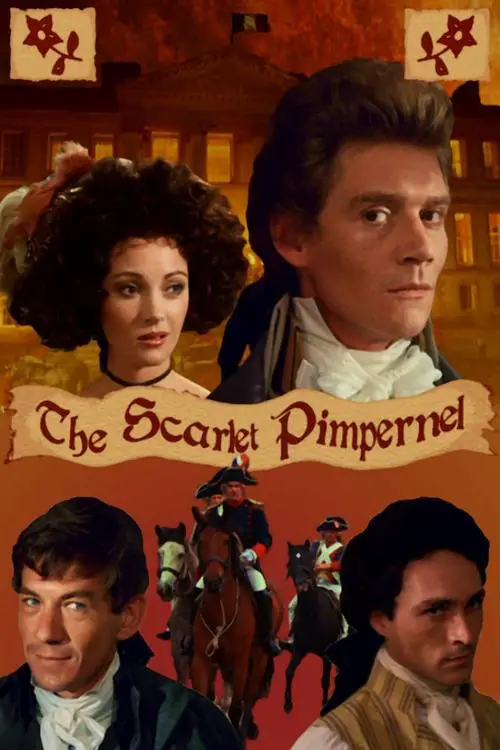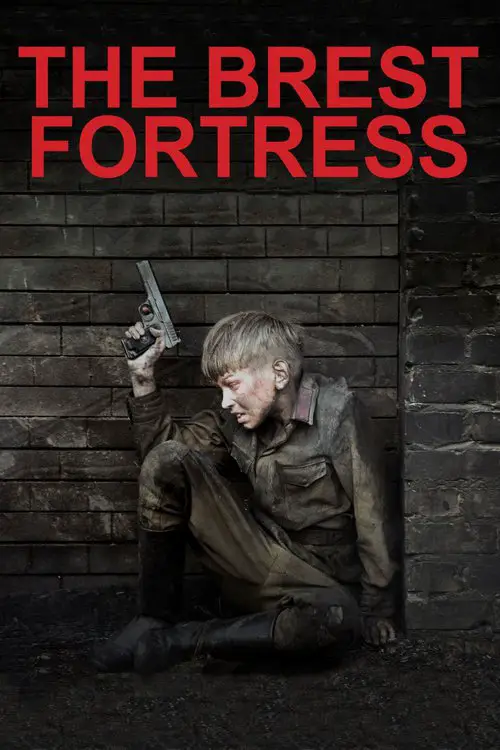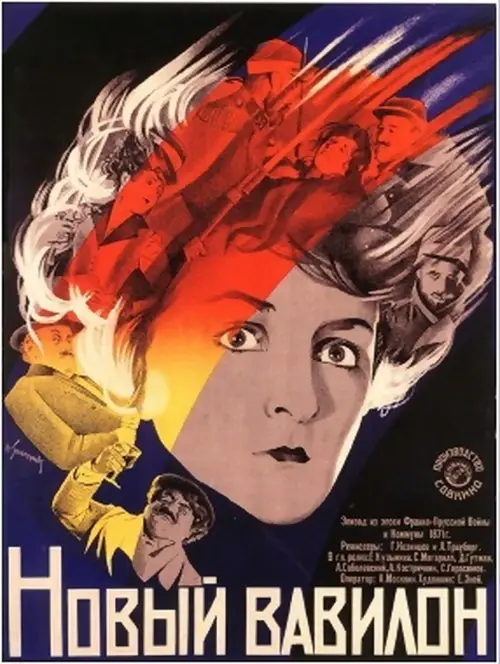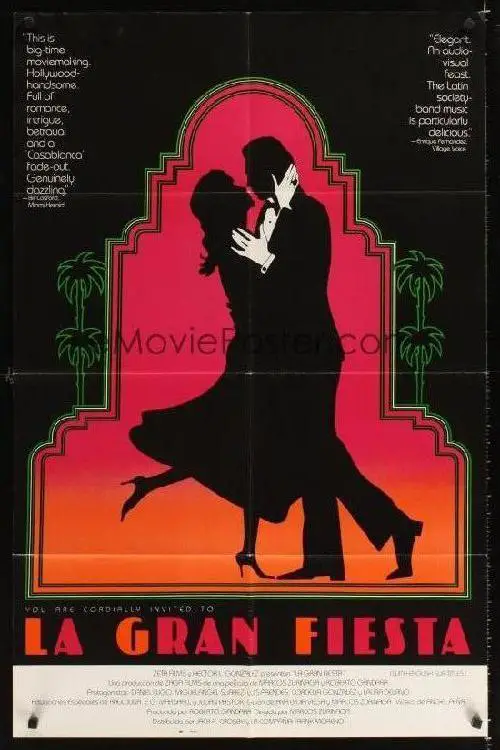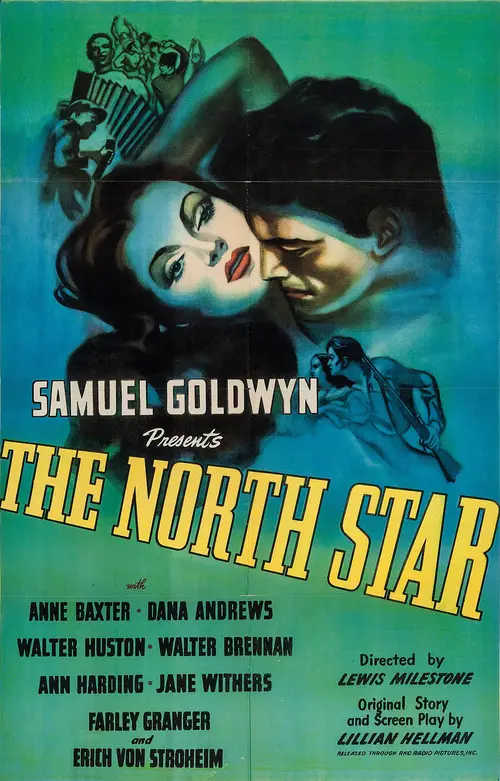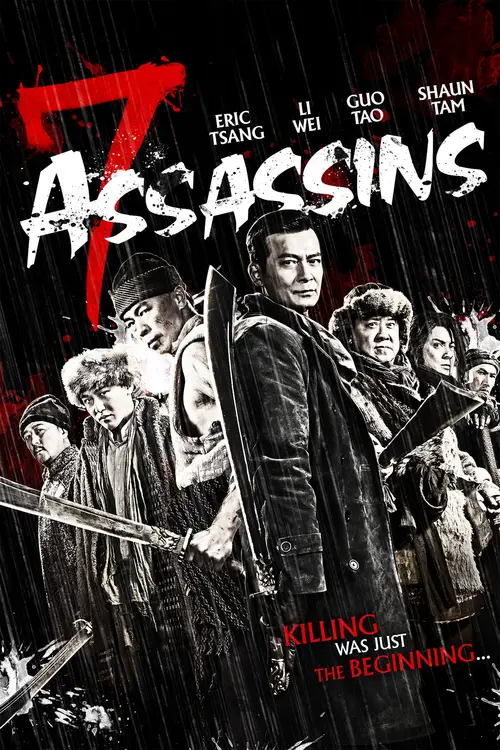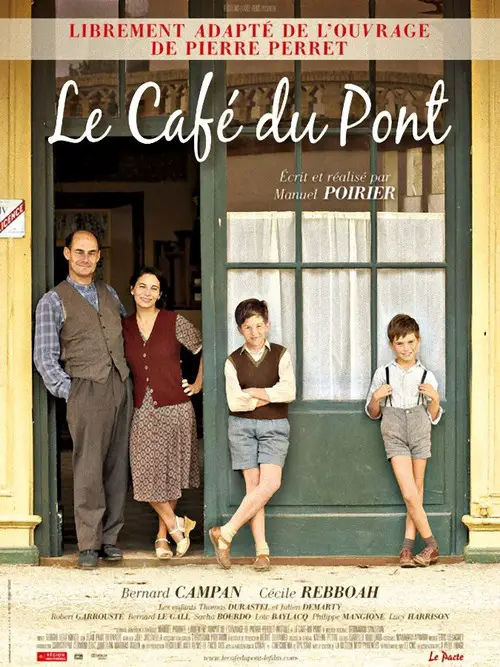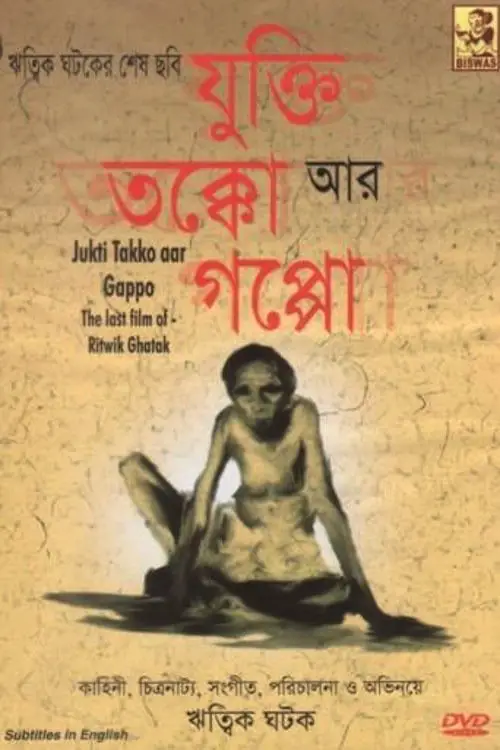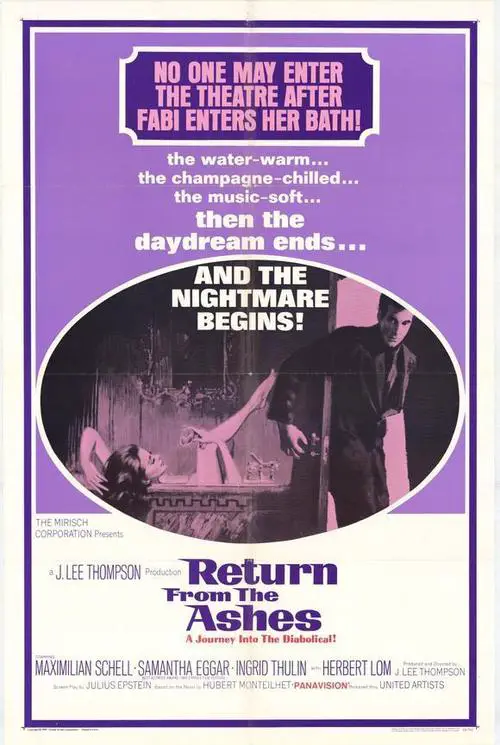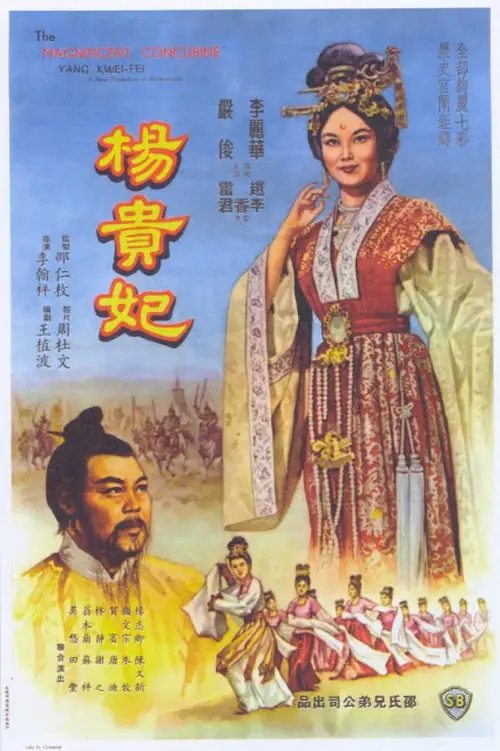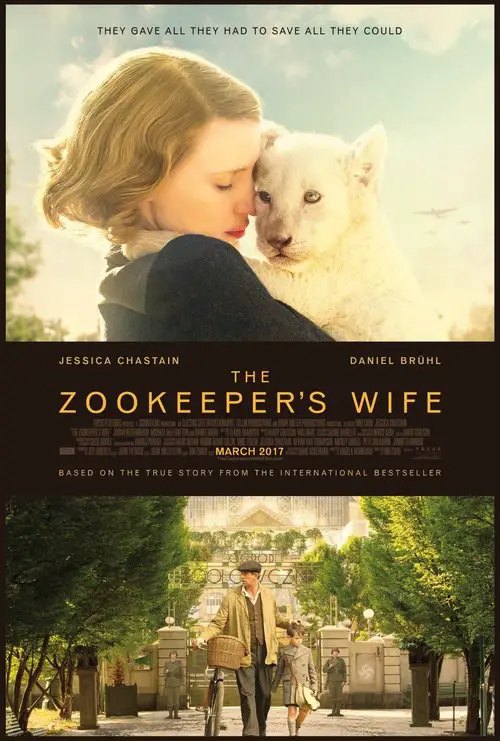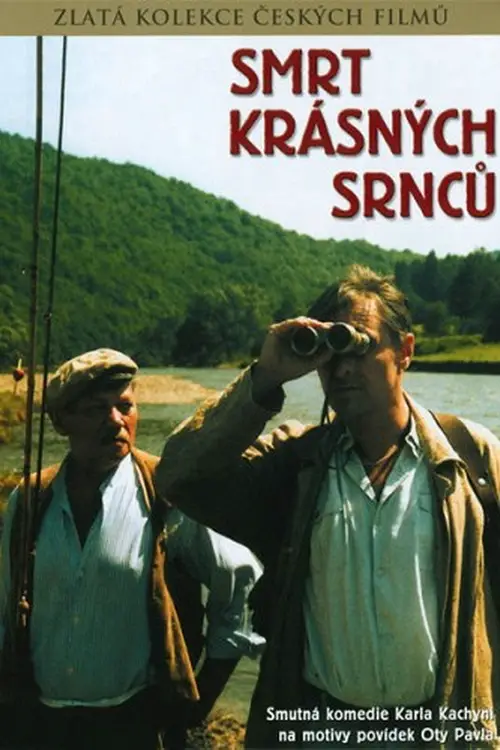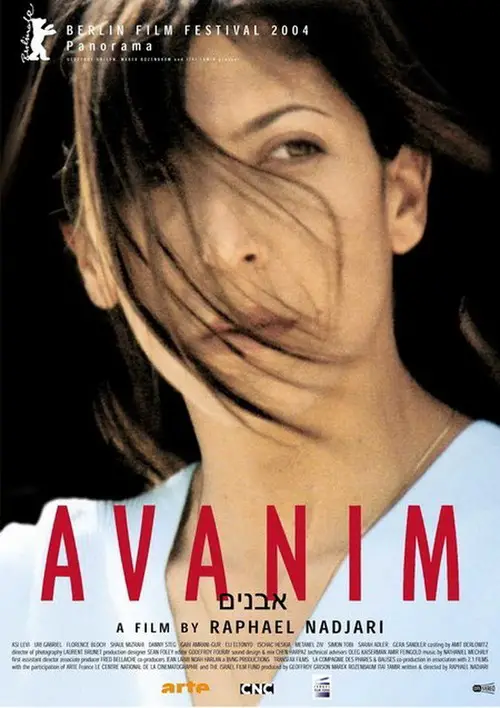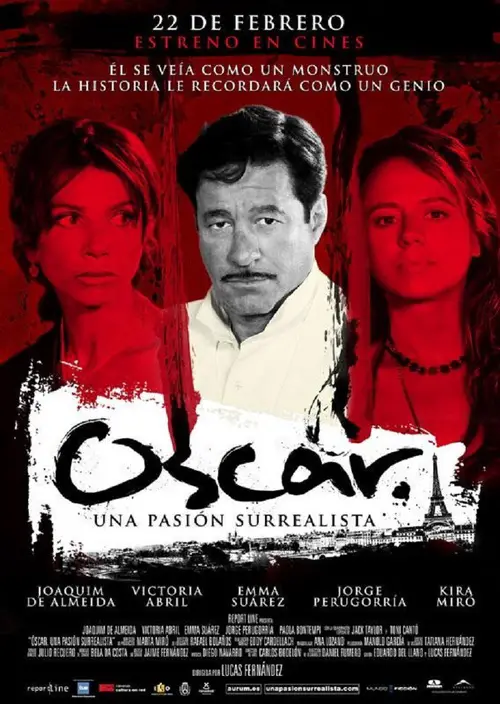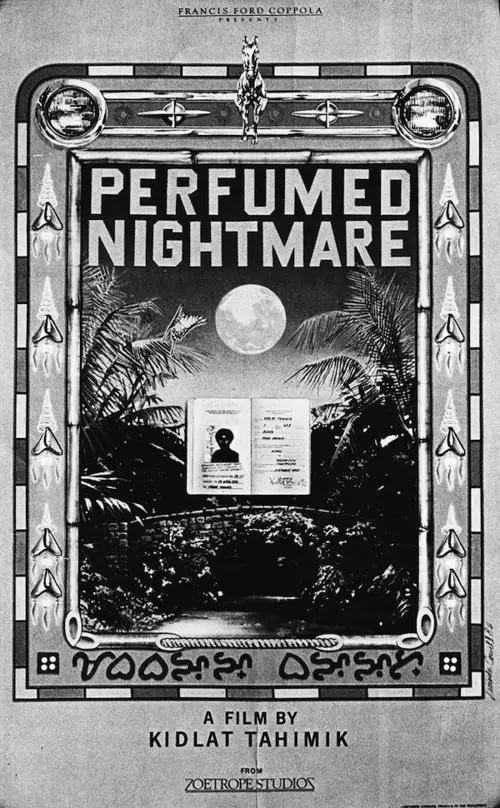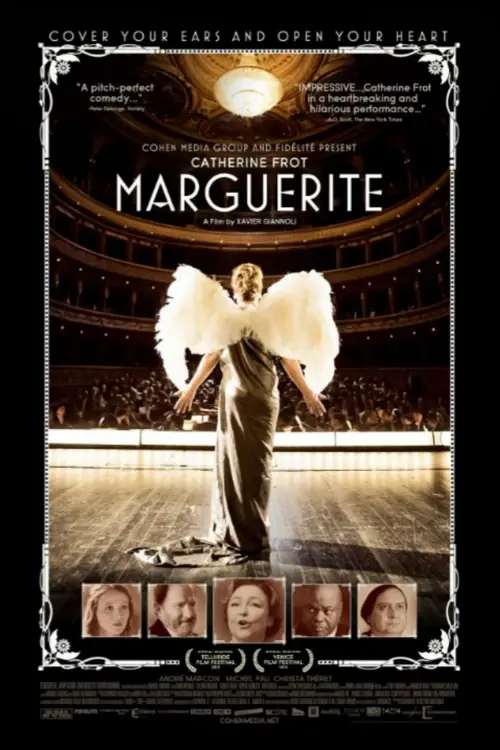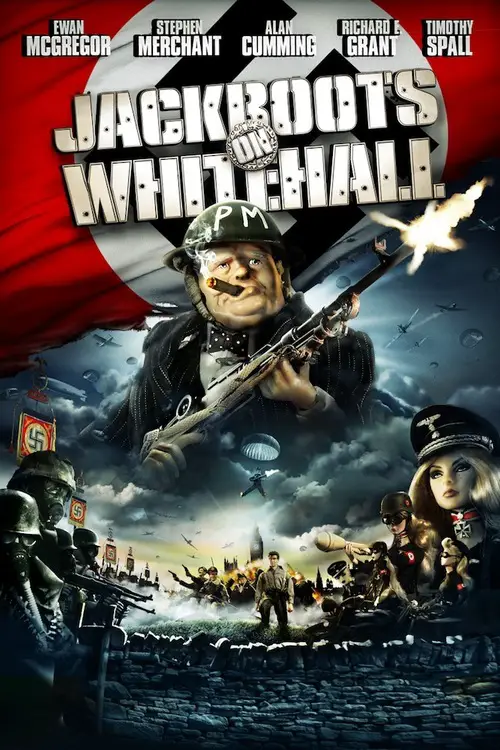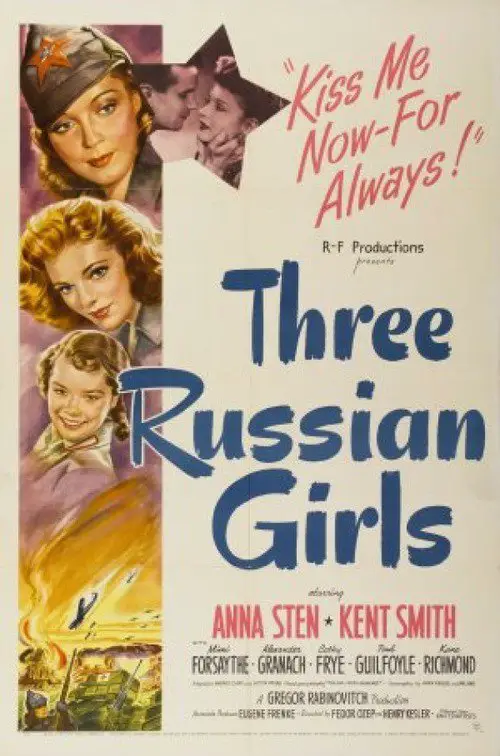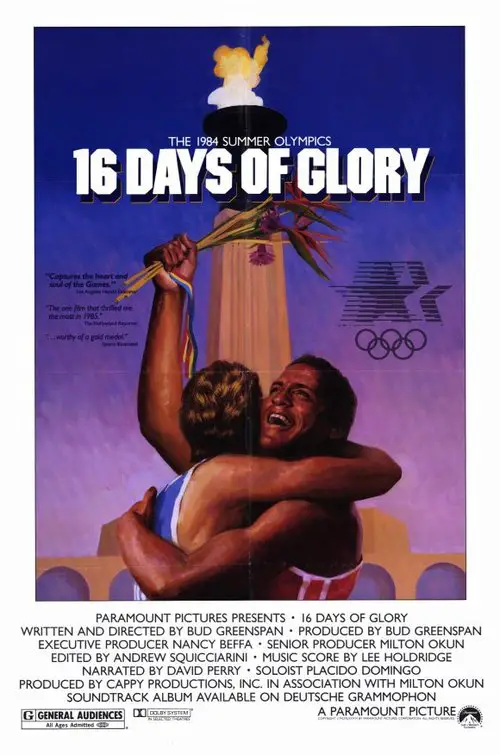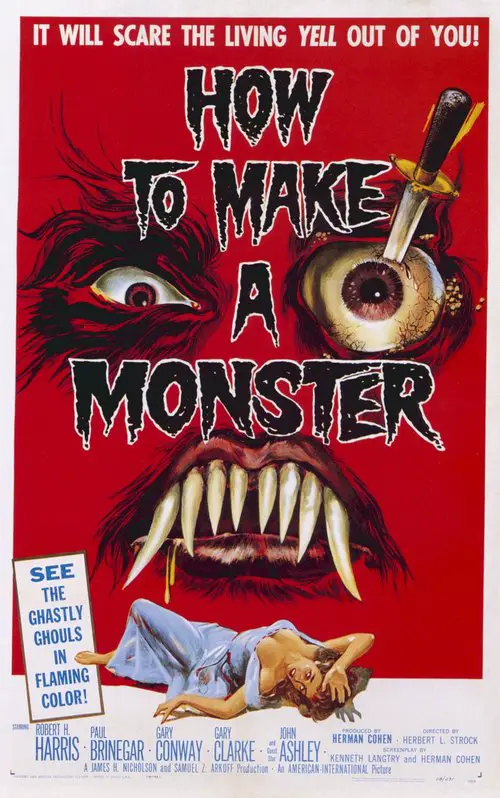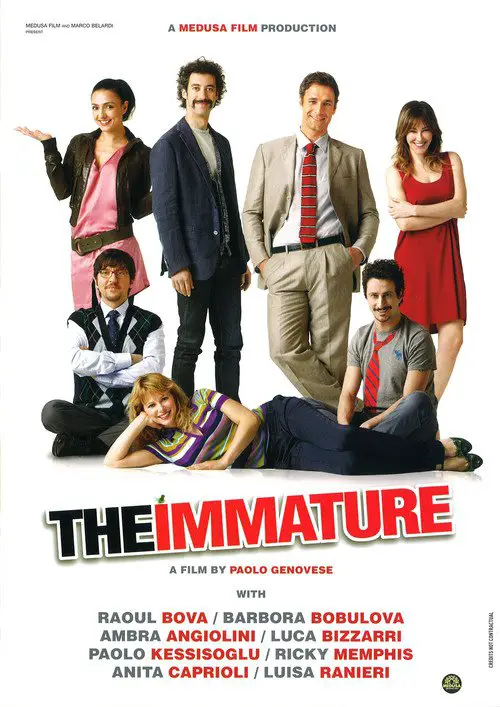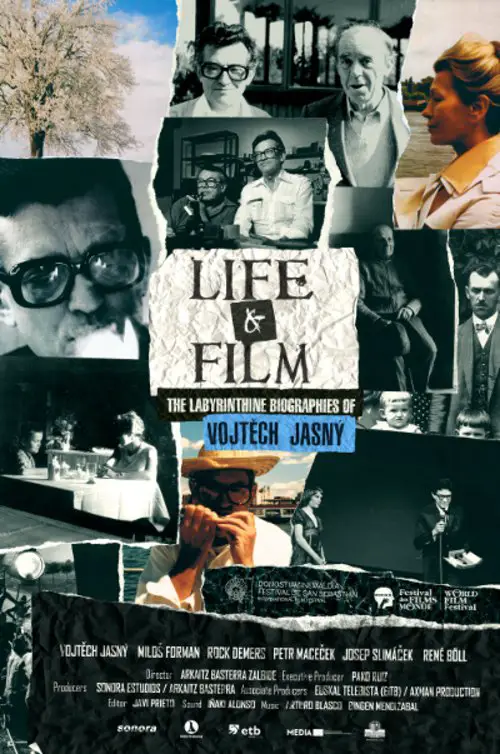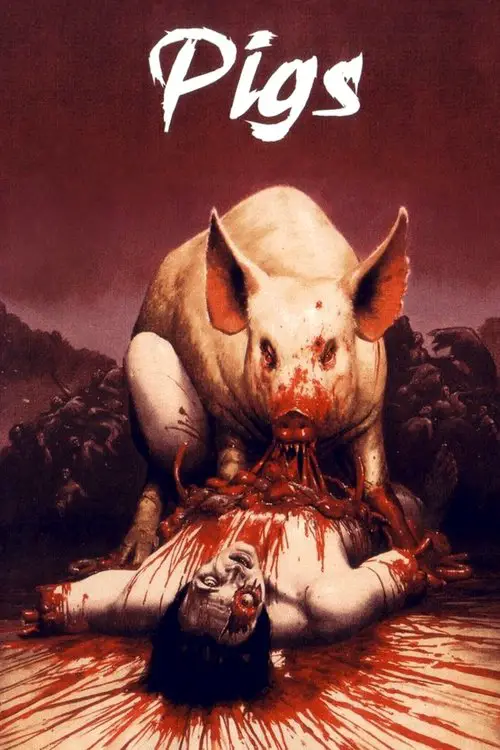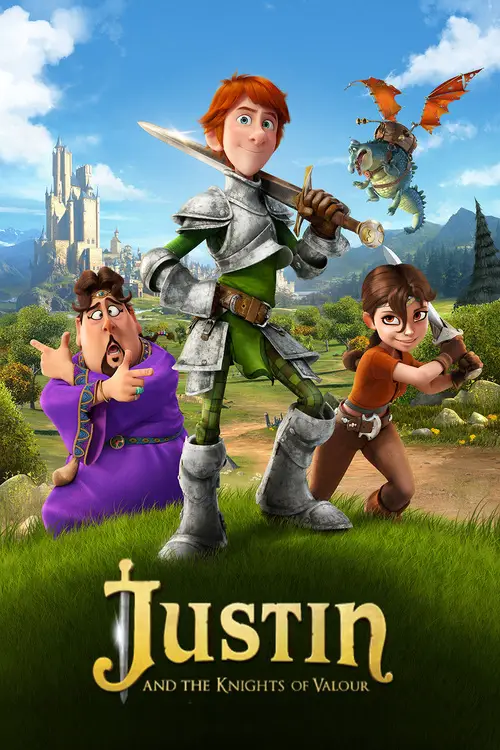Days of Glory (1944)
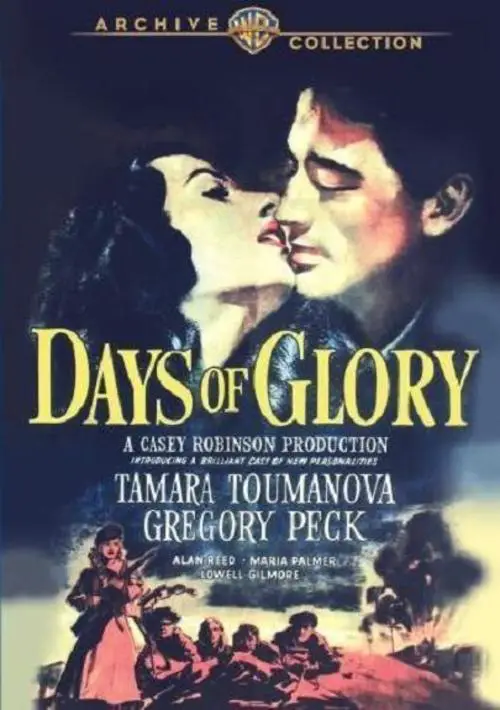
Similar movies
American Conductor John Meredith (Robert Taylor) and his manager, Hank Higgins (Robert Benchley), go to Russia shortly before the Nazi invasion of the Soviet Union. Meredith falls in love with beautiful Soviet pianist Nadya Stepanova (Susan Peters) while they travel throughout the country on a 40-city tour. Along the way, they see happy, healthy, smiling, free Soviet citizens, blissfully living the Communist dream. This bliss is destroyed by the German invasion.
The breakout of the war shatters the world of a young student, Lyudmila Pavlichenko, forcing her to enlist in the army in 1941. The maiden turns out to be a natural-born sniper, her impressive skill and prowess make her stand out among men and women alike. Seeing Pavlichenko as a tangible threat, the German High Command gives orders to eliminate the girl whatever the cost. In the meanwhile, Lyudmila meets a man and falls in love. War fades into the background... Soon, however, another misfortune befalls Lyudmila leaving the man she loves on the brink of death and herself seriously wounded. The girl is pulled out of combat and later goes to the United States with a publicity visit. Eleanor Roosevelt welcomes Lyudmila in the White House and the two women soon become close. It won't be long before Pavlichenko stands before an audience in Chicago pressing for a second front. Will her words have the capacity to change the course of war?
During Nazi occupation, red-headed Bent Faurschou-Hviid ("Flame") and Jørgen Haagen Schmith ("Citron"), assassins in the Danish resistance, take orders from Winther, who's in direct contact with Allied leaders. One shoots, the other drives. Until 1944, they kill only Danes; then Winther gives orders to kill Germans. When a target tells Bent that Winther's using them to settle private scores, doubt sets in, complicated by Bent's relationship with the mysterious Kitty Selmer, who may be a double agent. Also, someone in their circle is a traitor. Can Bent and Jørgen kill an über-target, evade capture, and survive the war? And is this heroism, naiveté, or mere hatred?
When the Germans march into Prague, armour-plating inventor Dr Bomasch flees to England. His daughter Anna escapes from arrest to join him, but the Gestapo manage to kidnap them both back to Berlin. As war looms, British secret service agent Gus Bennet follows disguised as a senior German army officer. His ploy -- not unpleasant one -- is pretending to woo Anna to the German cause.
Told from the perspective of man reflecting on his childhood in Prauge in the early years of World War 2 and the eventual destruction of his family as the Nazis rise to power. The storyline focuses heavily on Jewish-Czech Silberstein family members. Drama was filmed on the real events as a tribute to Mr. Nicholas Winton, the British humanitarian who organized the rescue of 669 children, most of them Jewish, from Czechoslovakia on the eve of the Second World War in an operation later known as the Czech Kindertransport from German-occupied Czechoslovakia and likely death in the Holocaust.
Kristin Lavransdatter is a 1995 Norwegian film directed by Liv Ullman, featuring Elisabeth Matheson, Bjørn Skagestad, Jørgen Langhelle, Lena Endre and Sverre Anker Ousdal, based on Kristin Lavransdatter by Sigrid Undset. It was the Norwegian entry to the Academy Award for Best Foreign Language Film in 1996.
Catherine Hubscher, who washes the shirts of young Napoleon and other soldiers fighting the Revolution, falls in love with Sergeant Lefebvre. Circumstances bring Lefebvre a noble title and even more -- Napoleon decides to make him the local ruler over a large territorial fiefdom. But trouble brews when Madame Sans-Gene, now elevated to the nobility along with her man -- cannot keep her frank observations under control.
Napoleon, exiled, devises a plan to retake the throne. He'll swap places with commoner Eugene Lenormand, sneak into Paris, then Lenormand will reveal himself and Napoleon will regain his throne. Things don't go at all well; first, the journey proves more difficult than expected, but more disastrously, Lenormand enjoys himself too much to reveal the deception. Napoleon adjusts somewhat uneasily to the life of a commoner while waiting, while Lenormand gorges on rich food.
This feature is one of the Israeli cinematography milestones. It displays the atmosphere of the late Israeli 50s from the view of young boy Alex, just becoming 13. His mom is the classic "Polish Mother", his school friends are young hustlers dreaming of nude girls, his schoolmaster is a nervous Russian immigrant. The street speech is full of Polish, Russian, and Farsi slang, full of the small talk that had later entered the everyday speech. The soundtrack, which is quite remarkable, is built solely on the American music of the period. Everyone in the feature finds one's love and happiness.
During the French Revolution, a mysterious English nobleman known only as The Scarlet Pimpernel (a humble wayside flower), snatches French aristos from the jaws of the guillotine, while posing as the foppish Sir Percy Blakeney in society. Percy falls for and marries the beautiful actress Marguerite St. Just, but she is involved with Chauvelin and Robespierre, and Percy's marriage to her may endanger the Pimpernel's plans to save the little Dauphin
7 Assassins is a new martial arts movie which delivers a great cast which see Shaw Brothers legends Kara Hui and Ti Lung back on screen... When social unrest plagues a Kingdom in ancient China, the Imperial Court collects stockpiles of gold from local governments to expand the royal army. However, the gold is robbed while in transport. In a desperate move to retrieve the stolen treasure, elite royal guards are sent on a mission to go after the gold but soon find out they are not the only ones in pursuit of it.
Spring, 1947. In the south-west of France, 12-year-old Pierrot lives an idyllic existence with his friends, who spend most of their days fishing in the canals. Pierrotâs parents manage a café that is popular with the local workers and sailors. His father dreams of building a ballroom, in spite of the cost and the work involved. But one day, Pierrotâs mother falls ill through exhaustion and her doctor orders her to take things more easily... Based on the uncommon boyhood of French musician Pierre Perrot, from living under German occupation during World War Two to learning at the feet of philosophers at his parent's café. While the occupation imposes restrictions and fear, Pierrot knows that his father discreetly carries out brave actions and that his mother can settle any conflict - in her own way.
Colonel Chabert has been severely wounded in the French-Russian Napoleonic war to the point that the medical examiner has signed his death certificate. When he regains his health and memory, he goes back to Paris, where his "widow", Anne has married the Count Ferraud and is financing his rise to power using Chabert's money. Chabert hires a lawyer to help him get back his money and his honor.
The whole Bélier family is deaf, except for sixteen year old Paula who is the important translator in her parents' day to day life especially when it comes to matters concerning the family farm. When her music teacher discovers she has a fantastic singing voice and she gets an opportunity to enter a big Radio France contest the whole family's future is set up for big changes.
In this film Ghatak plays role of Nilkantha Bagchi, an alcoholic, disillusioned broken intellectual,[7] in the character's own words "a humbug". His wife leaves him because of his insufferable alcoholism. After losing his wife and forced from his home, he wanders through the countryside and meets unusual folks along the way. He meets Bongobala, who is driven away from Bangladesh and does not have any shelter in Kolkata, he gives her shelter. He meets Jagannath Bhattacharjee, a village school teacher of Sanskrit. The school got closed after political killings and Jagannath came to Kolkata in search of job. He meets Naxalites whom he describes as "frame of Bengal", but misguided, successful and unsuccessful at the same time.
Perhaps the most notorious concubine in Chinese history, Yang Guifei set a pudgy standard of beauty in her days of glory during the Tang dynasty. The Emperor Minghuang was so besotted with the woman that when An Lushan stages his rebellion against the empire, the ruler takes Yang Guifei along with his imperial entourage in an escape to the mountainous area of modern-day Sichuan, and sanctuary of sorts. But the concubine had roused the jealousy of the court and unfortunately for her and to the great sorrow of the king, her brother and others among the king's retainers demanded she be strangled to death while they were still in the mountains. This is the story told in this interesting Taiwanese adaptation by director Li Han-hsiang (Li Hanxiang).
Leo Popper is a happy family man living in rural Bohemia in the years preceding the Nazi invasion. Out of economic necessity he moves with his family to the big city and becomes an enterprising vacuum cleaner salesman. There he embarks on a series of adulterous adventures, has encounters with boxing pros and famous portrait artists, and schemes to purchase the perfect pond to fulfill his passion for fishing. When the Nazis gain control, the comedy turns sour - he loses his lake, his job, and finally, his family.
Michale is a thirty year old woman. She works with her father in a Tel Aviv accounting office providing services to important religious institutions. She divides her time between her child, her husband, her work and the man with whom she is having an affair. When Michale learns of the tragic death of her lover, her life is shattered.
"Ãscar. The Color of Destiny" is a revealing portrayal of a forgotten icon of French Surrealism: Spanish painter Ãscar DomÃnguez, contemporary of Picasso. The film rediscovers the life of a talented artist who was ignored after he committed suicide, fifty years ago, victim of a serious illness which had disfigured his body: the Elephant Man's disease. The film is stirring and touching and compels admiration for the bohemian painter whose fate was self-destruction, after a wild crazy life. Lucas Fernández turns the life of a debauchee, who regarded himself a monster because of his disfiguring disease, into a universal story where art is the product of love and loneliness, of sex and violence before, during and after the Nazi invasion of Paris.
Narrating in voiceover, Tahimik explains the patterns of daily life in the village. He has a fascination with the Voice of America broadcasts, and particularly with the space program. He longs to be part of the developed world, and forms the Werner von Braun fan club. When an American arrives for an aborted international conference, he gets his chance. The American asks him to come to Paris, to run his chewing-gum-ball machine concession on the streets. In Paris, and on a trip to Germany, he makes friends and discovers that progress in the developed world sacrifices important values. Backgrounded by footage of a summit meeting in Paris, and unable to return to an idealized image of his past, he stubbornly refuses to capitulate to the terms of progress, resigning from his post as head of the Werner von Braun fan club and maintaining that he will find his own way.
Paris in the 1920s. Marguerite Dumont is a wealthy woman with a passion for music and the opera. For years, she has performed regularly for a circle of guests. But Marguerite sings tragically out of tune and no one has ever told her. Her husband and her close friends have always encouraged her in her illusions. Things become very complicated the day she gets it into her head to perform in front of a genuine public, at the Opera.
Another of a wartime cycle of Hollywood films lauding the praises of America's Soviet allies, Three Russian Girls is a remake of Russia's The Girl From Stalingrad. Set just after the Nazi invasion of the Soviet Union in 1941, the film stars Anna Sten as Natasha, a Red Cross volunteer who is dispatched to a field hospital located in an old pre-revolution mansion. American test pilot John Hill (Kent Smith), who'd been in Russia on a goodwill mission, is wounded in battle and brought to the hospital. As he slowly recovers from his wounds, Hill falls in love with Natasha. A last-act crisis develops when the hospital personnel are forced to move immediately to Leningrad as the Nazis advance. Most of the "counter attack" scenes that follow were obviously lifted from the original Girl from Stalingrad. For the record, the other two "Russian girls" are played by Mimi Forsaythe and Cathy Frye.
The definitive photographic record of the 1984 Los Angeles Olympics, told "from the inside" through the lives of the participants, the words of David Perry, and the singing voice of Placido Domingo. From the opening to closing ceremonies, this unique style of storytelling shows a side of the Olympic Games not seen by television audiences.
Six high school friends who come to the quarantine and have to assume that they are far from their days of glory. With a lot of responsibilities above are all immersed in their various personal crises. But everything changes when a court to void the test they did to get into college ... so you have to repeat if they want their careers to stand.
After being one of the most successful filmmakers in Europe in the sixties, Vojtech Jasny (Czech Republic, 1925) lives in a small apartment in New York. For Jasny, life and cinema are inseparable concepts. By visiting friends who still live in Life and Film Jasny first person will have their own history and some decisive events in his life: the Nazi invasion and subsequent Soviet invasion of Czechoslovakia, exile and his arrival in New York years later.
On April 5, 1941, a day before Nazi attack on Yugoslavia, entourage on a country road board Krstic's bus heading for Belgrade: two Gypsies who occasionally sing about misery, an aging war veteran, a Nazi sympathizer, a dapper singer, a consumptive, and a man with a shotgun. Krstic is a world-weary cynic, out for a buck; the driver is his son, the simple, cheerful Misko. En route they pick up a more people and head towards their destiny.
Teenager Lynn kills her father while he tries to rape her - the receiving officer at the mental hospital cannot convince her that her father is dead. After electric shock treatment she escapes in a nurses car. There is a farm where the manager is unable to feed his pigs on the usual swill, they have tasted blood - Human Blood! Lynn stumbles on the farm, she is looking for work she explains. "Papa they tell me, what do you see One little girl as deadly as can be." The circle begins, feed people to the pigs - then eat the pigs.
© Valossa 2015–2026
| Privacy Policy
